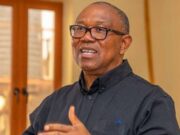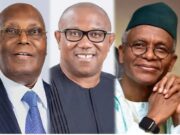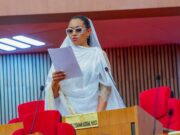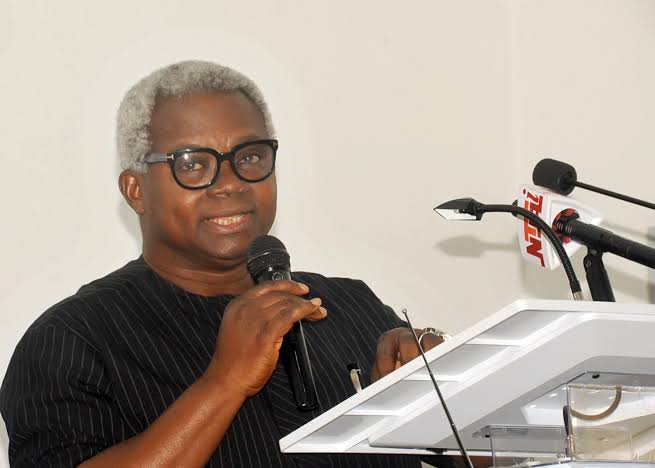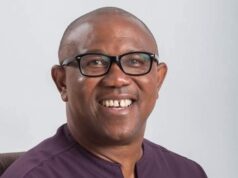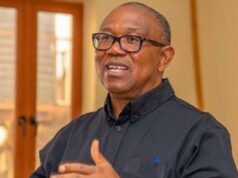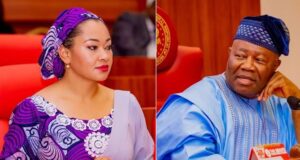Osita Okechukwu, a founding member of the ruling All Progressives Congress (APC), has placed the blame squarely on the opposition Peoples Democratic Party (PDP) for the possible slide of Nigeria into a one-party state.
He dismissed accusations targeting the APC and President Bola Ahmed Tinubu, calling them a misplaced effort to deflect responsibility.
In a statement issued in Abuja on Sunday, Okechukwu argued that the PDP’s 16 years in power (1999-2015) had laid the groundwork for Nigeria’s current political challenges.
He accused the PDP of fostering a culture of impunity and fueling political corruption, which he believes weakened the multi-party system in Nigeria.
Okechukwu urged Nigerians to remember the early days of the APC, when the defunct Action Congress (AC), led by Tinubu, and the Congress for Progressive Change (CPC), led by Muhammadu Buhari, were able to survive as small parties despite the PDP’s extensive patronage system, known as “stomach infrastructure.”
He further explained that the PDP’s own failures, including a disregard for internal party rules and the rotation of the presidency, have contributed to the weakening of the opposition.
Okechukwu pointed to the 2023 election cycle, where the PDP abandoned its long-standing policy of rotational presidency between the North and South in favor of a northern candidate, Atiku Abubakar, resulting in widespread disillusionment.
The APC member also referenced the political maneuvering of figures like Minister Nyesom Wike, who he accused of engaging in misleading political arithmetic by claiming a disproportionate share of power between the North and South since 1999.
Addressing concerns over the country’s economic difficulties, Okechukwu reiterated that the APC was not to blame for the current economic hardship.
Instead, he emphasized that the PDP’s governance legacy was responsible for Nigeria’s economic struggles.
He pointed to ongoing efforts within the APC government, including collaborations with key organizations like IPMAN and TUC to reduce fuel prices.
Additionally, Okechukwu mentioned discussions with the National Chairman of the APC, Dr. Umar Ganduje, on solutions to the farmers-herders crisis and the promotion of investment in infrastructure projects such as electricity, railways, and seaports.
Okechukwu expressed optimism that these initiatives, along with President Tinubu’s new mandate for regional development commissions to attract foreign investment, would eventually ease the economic challenges facing the country.




